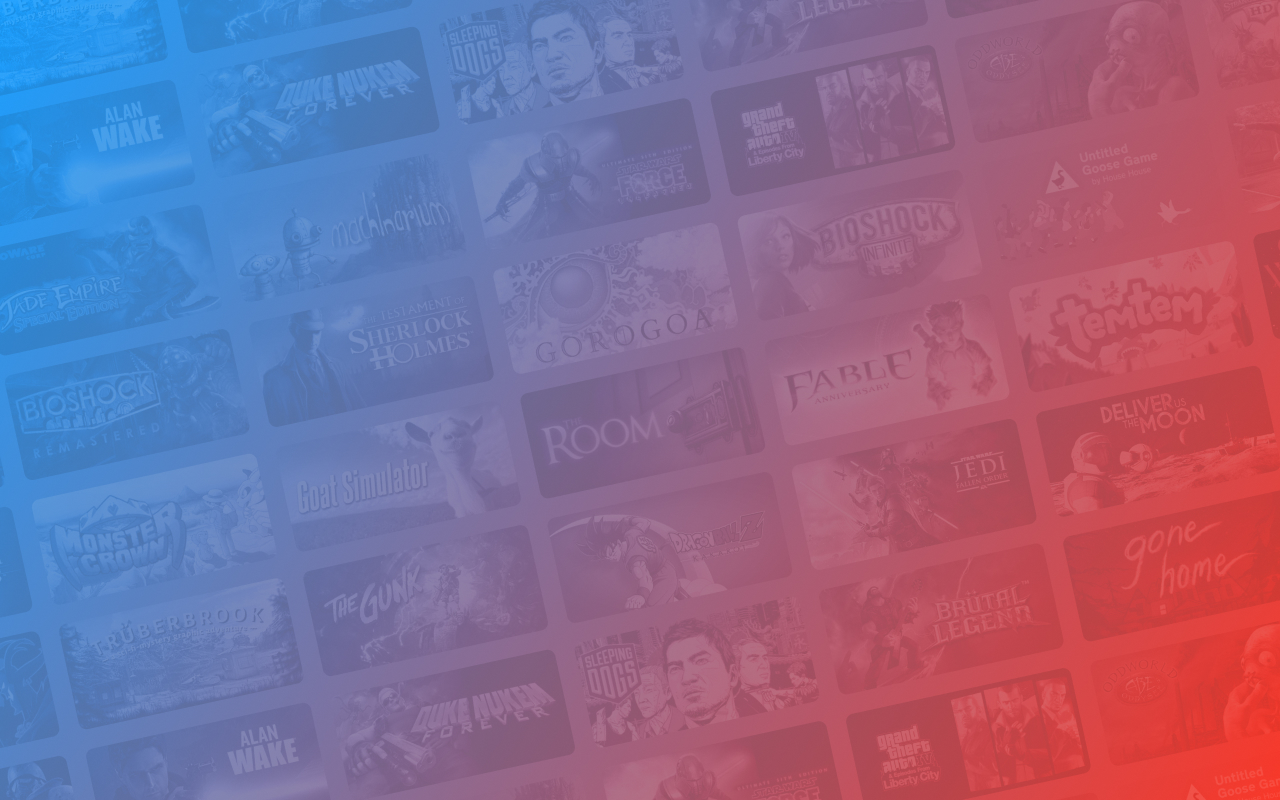As a Steam Deck user myself, I’m always looking for ways to make the experience smoother. One of the current quirks of DeckFilter that personally bothers me is that it doesn’t automatically sync most of the information it has. This means you need to manually refresh certain data, which isn’t as seamless as I’d like it to be. That’s why I’ve been working on a smarter resync system to improve how the app keeps your game information up to date.
I’ve implemented a solution to make sure you’re always getting the most relevant data without unnecessary checks. By considering both release date and ProtonDB tier, I ensure the right games get resynced at the right time. Here’s how this works.
Why ProtonDB Resyncs Matter
ProtonDB is a constantly evolving resource, with community members submitting new reports on how games run using Proton. A game that didn’t work a few months ago might become playable after a new game patch or updates to the community reports. That’s why having the most up-to-date information is crucial, especially when deciding what to play next on the Steam Deck.
But resyncing every game at the same frequency isn’t efficient. Some older or highly rated games don’t need frequent checks, while newer or problematic ones need more attention. This is where smart syncing comes in.
The Role of Game Release Date
The age of a game plays a major role in how often I check for updates. Newer games often see rapid changes in compatibility reports, so they get resynced more frequently. Here’s a breakdown:
- New Releases (within 6 months): Since new games are still gathering reports, I resync them weekly. This ensures you’re getting the latest feedback.
- Moderately Recent Games (6-18 months): These games have typically stabilized, but they still benefit from occasional updates. I sync these monthly.
- Older Games (18 months and older): These games usually have well-established reports on ProtonDB, so I sync them every 3-6 months, unless there’s a major update.
ProtonDB Tier: Adding Another Layer
In addition to release date, I also consider a game’s ProtonDB tier when determining how often to sync. Here’s the logic I follow:
- Pending: For games with no reports yet, I resync them on every app start if they’re new. This helps capture early data.
- Borked: Games rated as “Borked” (unable to run) are checked weekly, especially if they’re new. This allows me to catch any updates or fixes.
- Bronze: These games run but have significant issues. New games are synced every 2 weeks, while older ones are synced less often.
- Silver: Silver-rated games run fairly well but may still need tweaks. I sync new games monthly and older ones less frequently.
- Gold: These games run well with only minor tweaks. I sync newer ones every 1-2 months, and older ones rarely.
- Platinum: Platinum games run perfectly, so there’s no need to resync unless there’s a major game update.
What’s Next?
I plan to extend this resync approach beyond ProtonDB to also cover Deck Verified status, Time to Beat and Steam reviews, Tags and more. The full resync feature will first roll out for the wishlist, where release dates are available. This will allow me to fine-tune the syncing based on how recent a game is, ensuring the most relevant data for newer titles.
For the library, where release dates aren’t available yet, I’ll rely solely on the ProtonDB tier approach for now. This ensures that even without release date info, the app still prioritizes games that need more frequent updates.
By resyncing this data regularly, you’ll always know how well a game runs on the Steam Deck and what the latest player feedback is. This ensures you’ll have all the relevant information you need for a smooth gaming experience.



Leave a Reply